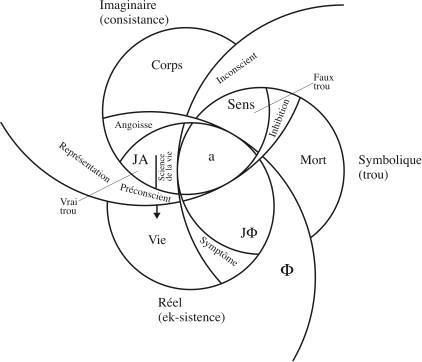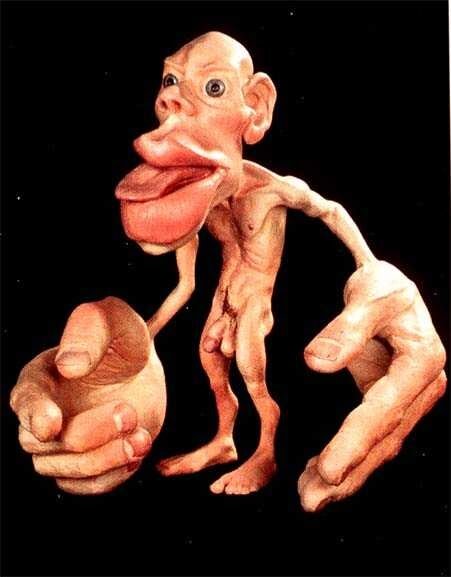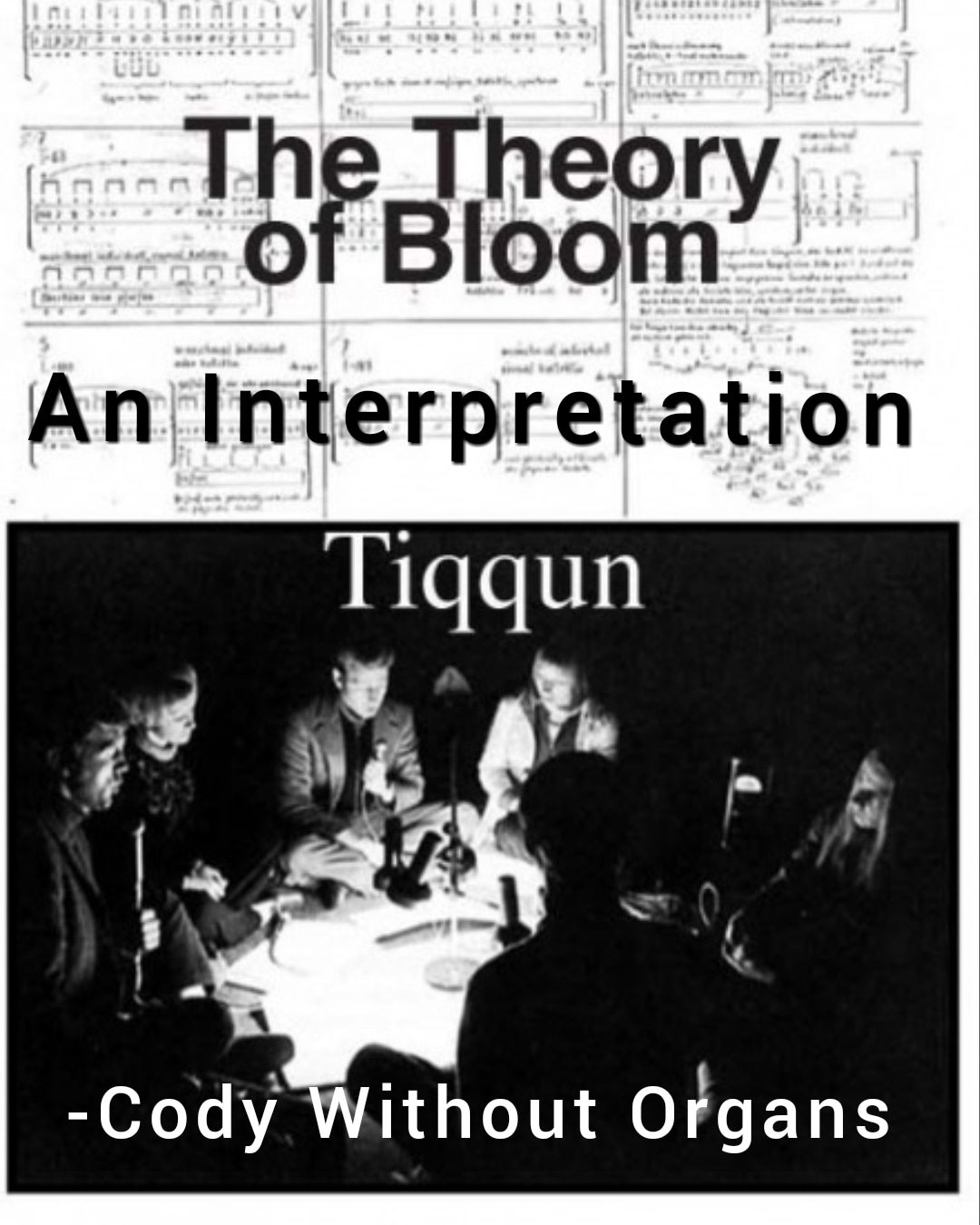Introduction This text will aim the redefine what is meant by sex, using and attempting to explain terms used in the psychoanalytic works of Jacques Lacan, and then exploring the movements and critiques made by philosopher Gilles Deleuze and his partner, the Lacanian student Félix Guattari. I start with my style, which means it may… Continue reading Defining Sex and Communism with Lacan, Deleuze & Guattari
Tag: Schizoanalysis
JA: Other Jouissance and Becoming-Woman
On Lacan, Deleuze & Guattari, and Slavoj Žižek Thanks to free sources, Lacanian Psychoanalytic terminology and Deleuzo-Guattarian philosophy has been made available and accessible online.
Post/Trans-humanism: Cyborgs and Becoming-Woman
This is a homunculus. It’s a representation of the human model where size equals the amount of neuron activity/quantity of nerves. I think it’s also a funny way to understand difference and representation. As well as some important concepts to do with the critical evaluation of the ‘Human Subject’ and an emergent ontology. Such as; post/trans-humanism,… Continue reading Post/Trans-humanism: Cyborgs and Becoming-Woman
Theory of Bloom – An Interpretation
“Bloom must die! Kill Bloom!” “We may die. And this is what Hardt and Negri warn us must happen. We must destroy ‘ourselves’:“ In the definitions (or one of the definitions at least) of Bloom. In the active finding out of Bloom; who he is, what it does – is in the elimination of the/our… Continue reading Theory of Bloom – An Interpretation
Deleuze & Guattari on the Dialectic: A schizoanalytic interpretation of Žižek’s Organs Without Bodies
Dialectics or dialectical thinking is one mode of thinking or one way of reaching absolute knowledge. But dialectics then becomes the method of bringing about the reality of dialectics, and to bring about new realities or emancipatory moments (what Foucault calls ‘Limit-experiences”) we can think about other ways of interpreting the dialectic and its key… Continue reading Deleuze & Guattari on the Dialectic: A schizoanalytic interpretation of Žižek’s Organs Without Bodies


